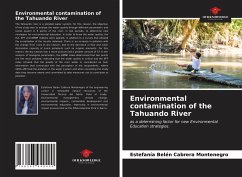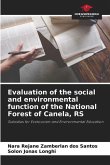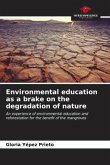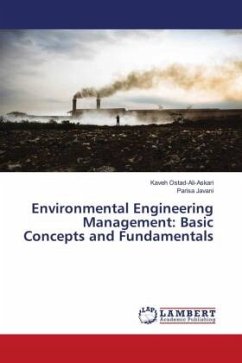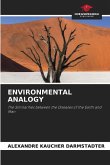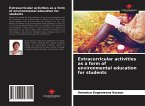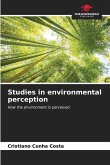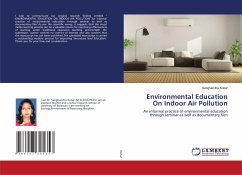The Tahuando river is a polluted water system, for this reason, the objective of the study was to analyze the water quality through different parameters and social aspect in 6 points of the river, in two periods, to determine new strategies for environmental education. In order to know the water quality, the ICA, EPT and BMWP indexes were applied, in addition to a survey that allowed the socialization of the results obtained. There is an increase in pollution with the change from rainy to dry season, due to the decrease in flow and lower dissolution capacity of some pollutants such as organic elements. For this reason, the dry season has a more acid pH and a greater amount of CF. In the analysis of biological parameters, the BMWP index determined that two points are the most polluted, indicating that the water quality is critical and the EPT index showed that the quality of the river water is considered as bad, information that contrasted with the perception of the respondents, where 100% affirmed the pollution in the water system and when socializing the study data they became aware and committed to take measures not to contribute to pollution.
Bitte wählen Sie Ihr Anliegen aus.
Rechnungen
Retourenschein anfordern
Bestellstatus
Storno

